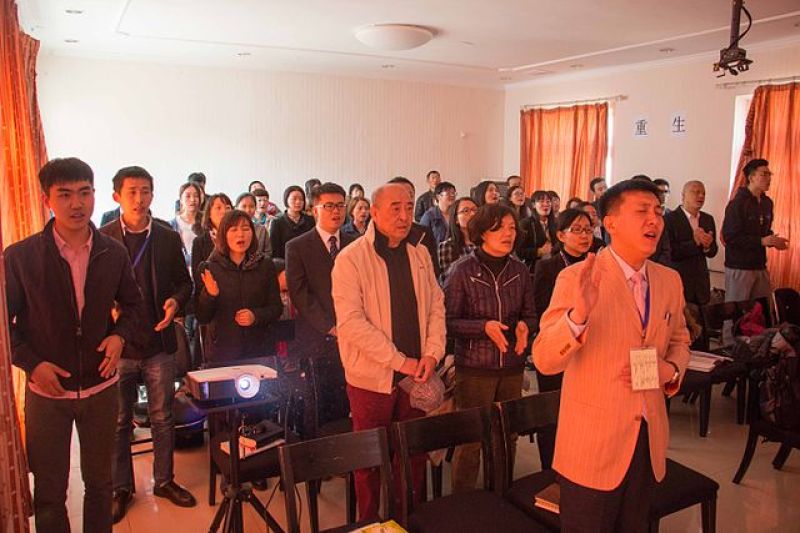
Shandong Province in China prohibits citizens from publishing audios and videos of sermons and preachings from online gatherings and services, a report revealed.
According to China Aid, the Three-Self Patriotic Association, and the Christian Council of Qingdao City published a notice on January 29 that relates to the banning of live Christian broadcasts and the releasing of audios/videos from preaching services in Shandong Province.
Just a few days ago, a notice to ban Christian believers in the Shandong Province from broadcasting Christian activities online was issued by the United Front Work Department.
The published notice clearly stated that groups should follow the unified policies of the United Front Work Department on regulating internet public opinion security, especially in the Christian sector. In order to prevent the exploitation of illegal missionary activities on the internet, they banned all publications of video/audio preachings in the post-pandemic period, according to the International Christian Concern.
Shandong Qingdao's authorities claim that the banning of all Christian churches and gatherings, including the suspension of all church activities, was due to the latest COVID-19 outbreak in various regions, and imposing stricter measures will combat the spread of the virus
The draft for "Measures for the Administration of Internet Information Services" was released way back in September 2018 by China's State Administration for Religious Affairs. It states that:
"[N]o organizations nor individuals are permitted to [produce] live broadcasts by means of texts, pictures, audios, and videos on the internet, etc., including writing religious texts, worship services, mass, baptisms, and religious activities."
After the draft's release in 2018, internet platforms and chatrooms are said to have received warnings for the use of "sensitive" religious words such as "Amen" and "Jesus."
Also on February 23, last year, the Chinese authorities already requested Christians to stop their live preaching activities on the internet as well as private gatherings and services.
Although they mentioned in their request that they will be "appropriately considerate [of] the beliefs and feelings of believers, and actively guide them in other ways without gathering together," it did not clearly state anything on what methods could be used to guide Christians while they are under restrictions.
Christians around the world, including China, are exerting effort in combating the spread of the coronavirus by cooperating and following lockdown protocols. They suspended their regular church gatherings and instead switched to live preachings on the internet to prevent the further spread of the virus.
Despite Chinese Christians' cooperation with the protocols, the United Front Work Department of the Shandong Provincial Party Committee still targets Christian believers in the province by adding more and more restrictions to their religious activities.
As Christianity continues to flourish in China, the government is imposing new and stricter measures to crack down on the spread of Christianity --- hence, the banning of audio and video preachings online since it is easier for Christians and seekers to access sermons from the church with the use of the internet.
The Chinese Communist Party (CCP) only promotes state-approved Three Self churches as they bring no threat to the country because of their alliance. Despite that, these churches also face the brunt of the communist regime's anti-God actions.








































